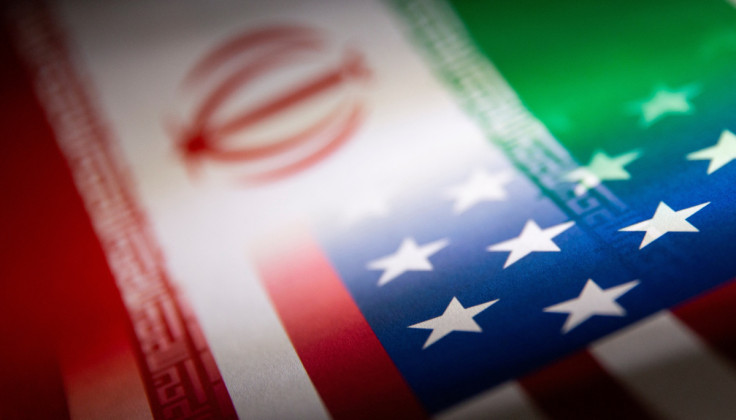Is Iran's New Nuclear Facility Near Natanz Beyond Range Of US Bunker-Busting Bombs?
KEY POINTS
- Trump withdrew the U.S. from the Iran nuclear deal in 2018
- The deal put strict curbs on Iran's nuclear program in exchange for lifting of sanctions
- Concerns over Iran's nuclear program still continues
Iran's new nuclear facility, which is being built near a peak of the Zagros Mountains in the central part of the country, is reportedly so deep that it may be out of range for the United States' weapons.
According to experts and satellite imagery analyzed by The Associated Press news agency, the new facility at the Natanz enrichment site is likely beyond the range of the U.S. military's so-called bunker buster bombs. Planet Labs PBC in April released photos and videos that showed Iran digging tunnels in the mountain near the Natanz nuclear site.
Kelsey Davenport, the director of nonproliferation policy at the Washington-based Arms Control Association, said such a facility "would be a nightmare scenario that risks igniting a new escalatory spiral."
The latest report comes amid increased tensions between the U.S. and Iran.
"Given how close Iran is to a bomb, it has very little room to ratchet up its program without tripping the U.S. and Israeli red lines. So at this point, any further escalation increases the risk of conflict," Davenport told AP.
Last year, the New York Times revealed that Iran was constructing a massive network of new tunnels at its Natanz nuclear site. The report said the U.S. and Israel had been keeping an eye on the facility for several months to spot any new developments.
"At this very time, Iran is making an effort to complete the production and installation of 1,000 advanced IR6 centrifuges at its nuclear facilities, including a new facility being built at an underground site near Natanz," Israel's then-Defense Minister Benny Gantz said at a conference last year.
In 2018, then-President Donald Trump withdrew the U.S. from a multilateral nuclear deal, which put strict curbs on Iran's nuclear program in exchange for a lifting of international sanctions against the country. Amid severed ties between the U.S. and Iran, President Joe Biden has continued to impose strict sanctions against Iran, which has not given up on its nuclear program.
Speaking about relations between Iran and Saudi Arabia, U.S. State Department spokesperson Matthew Miller on Monday noted, "I don't have any comment on the appointment of a new ambassador [appointment of Iran's ambassador to Riyadh]. That's an issue between Iran and Saudi Arabia... As I think – believe we've said before, we welcomed – we welcome continued diplomatic engagement in the region. But I – and if any such diplomatic engagements could lead Iran to curtail its malign activities in the region, we would, of course, support that. But I don't have any comment on that specific announcement."
About Iran's nuclear program, he said, "It continues to be a first principle for this administration that Iran should not – that Iran not be allowed to obtain a nuclear weapon. We have always believed, we continue to believe that diplomacy is the best way to reach that solution, but we have seen no progress in terms of actions from the Iranian Government in the region."

© Copyright IBTimes 2024. All rights reserved.




















